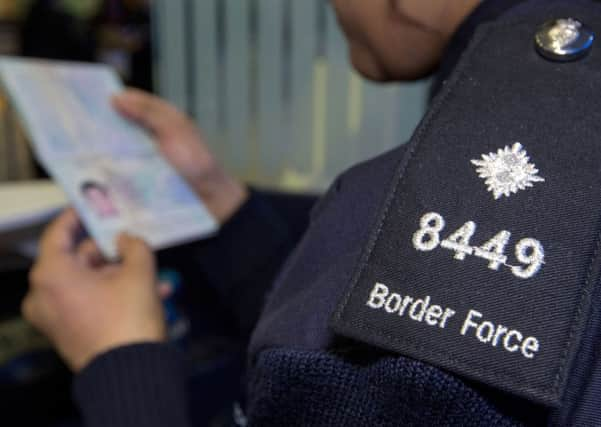Sam McBride: Brexit creats uncertainty. But some of the wild reactions are alarming


But in the immediate aftermath of the result, there are aspects of the public reaction which are dangerously close to mass hysteria and which are based on emotion, rather than any factual basis.
The reaction – and not just in the uninhibited world of the internet – suggests that some people did not see the choice on the ballot paper as being between ‘remain’ and ‘leave’, but as being a decision between civilisation and barbarism.
Advertisement
Hide AdAdvertisement
Hide AdThat 3.5 million people have since Friday signed a petition calling for the rules of the referendum to be re-written so that the Leave result can be set aside suggests an alarming willingness to abandon democracy when the outcome is not in keeping with one’s hopes.
That some of those who signed the petition did not even bother to vote in Thursday’s referendum points to an incomprehensible incoherence among some of the most loudly panicked.
And the fact that at least one prominent Labour MP is publicly advocating that Parliament ignores the referendum result shows that such sentiment is not confined to those unfamiliar with the political process.
Perhaps after a campaign in which both sides played so fast and loose with truth and where the most senior political and economic figures warned of apocalyptic scenarios if there was a Leave vote, it is unsurprising that a large section of the public now genuinely believes that there will be violence in Northern Ireland, a catastrophic recession, the end of workers’ rights and the real prospect of a European war.
Advertisement
Hide AdAdvertisement
Hide AdThose fears have been exacerbated by the lack of any time for the public to prepare for the outcome, because although the result was expected to be close, virtually no one – not the pollsters, not the bookies, not the markets, not us in the media, nor the campaigns themselves – expected a Leave result.
Locally, one manifestation of the fevered public mood has been the rush on Irish passport forms.
For some of those rushing to Post Offices on Friday to complete the forms, there was a symbolic urgency – a sort of statement of intent as to where their identity now lies, while for others it was a logical and pragmatic step to retain hassle-free access to the continent.
But for others there was an urgency which seems to stem from two mistaken beliefs: First, that the UK’s departure from the EU is imminent – perhaps within days. It is not. At the earliest, there will be a two-year delay to the UK’s departure and that period does not even begin until after Article 50 of the Treaty on European Union is invoked by the UK, probably this autumn.
Advertisement
Hide AdAdvertisement
Hide AdAnd secondly, that once the UK leaves we will no longer be able to get Irish passports. In fact, even in 2018 when the UK does leave, we as Northern Ireland citizens are very likely to retain our unique access to dual nationality due to the significance of the Good Friday Agreement and the commitment of the Irish Government to fighting for that principle.
Thursday’s referendum is potentially an epoch-defining decision. Its implications include significant uncertainty about the future of the United Kingdom and the potential for nationalist resentment at the decision destabilising the Union.
But it was not a vote to declare war or to create concentration camps.
Life will be different outside the EU. No one can be sure that a decision of this significance will not trigger serious pan-European unrest. Some of the fears – particularly from those whose livelihoods depend on the EU – are well founded.
Advertisement
Hide AdAdvertisement
Hide AdAnd, as a handful of the more honest Brexit campaigners admitted during the campaign, there is likely to be at the very least a short term economic downturn.
But 52 per cent of the UK population (and 44 per cent of the Northern Irish) are neither racists nor fascists because they did not want the UK to be part of a certain political structure.
We are in a period of considerable uncertainty and it will take time for the nature of the UK’s new relationship with its neighbours to take shape.
But the likelihood is that life for each of us outside the EU will not be anything like as different as either the Remain or Leave camps claimed it would be.